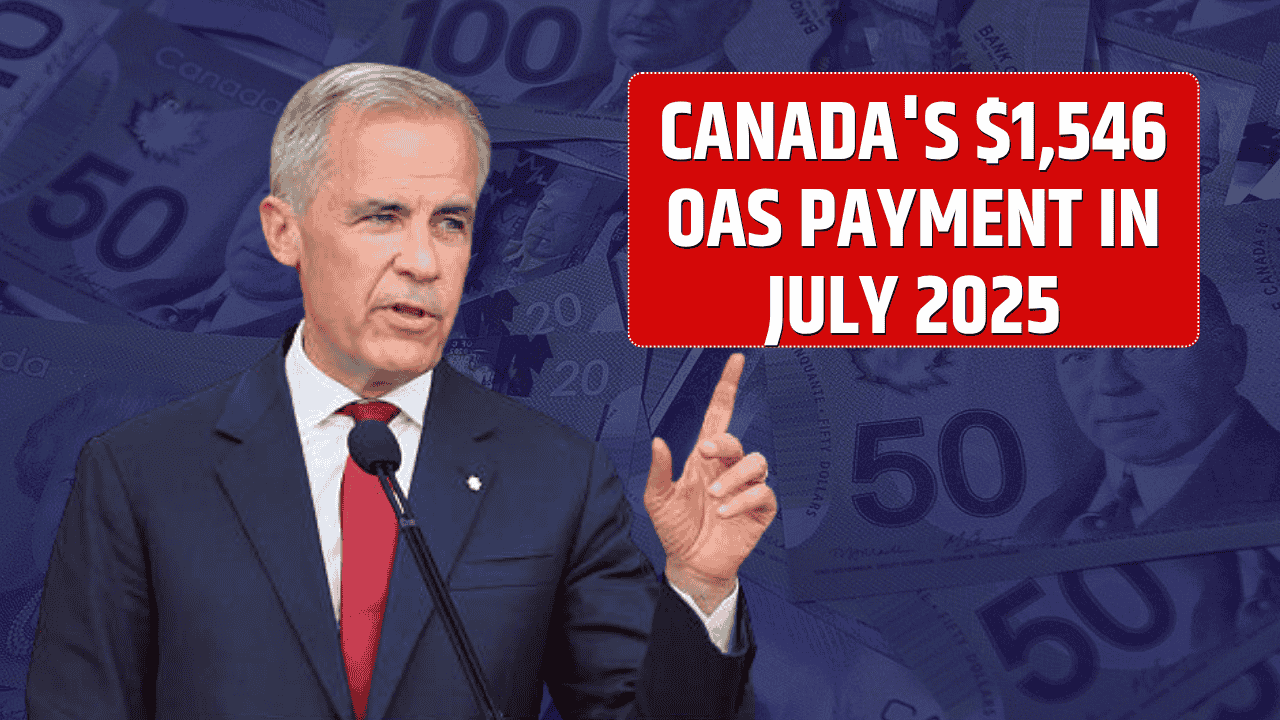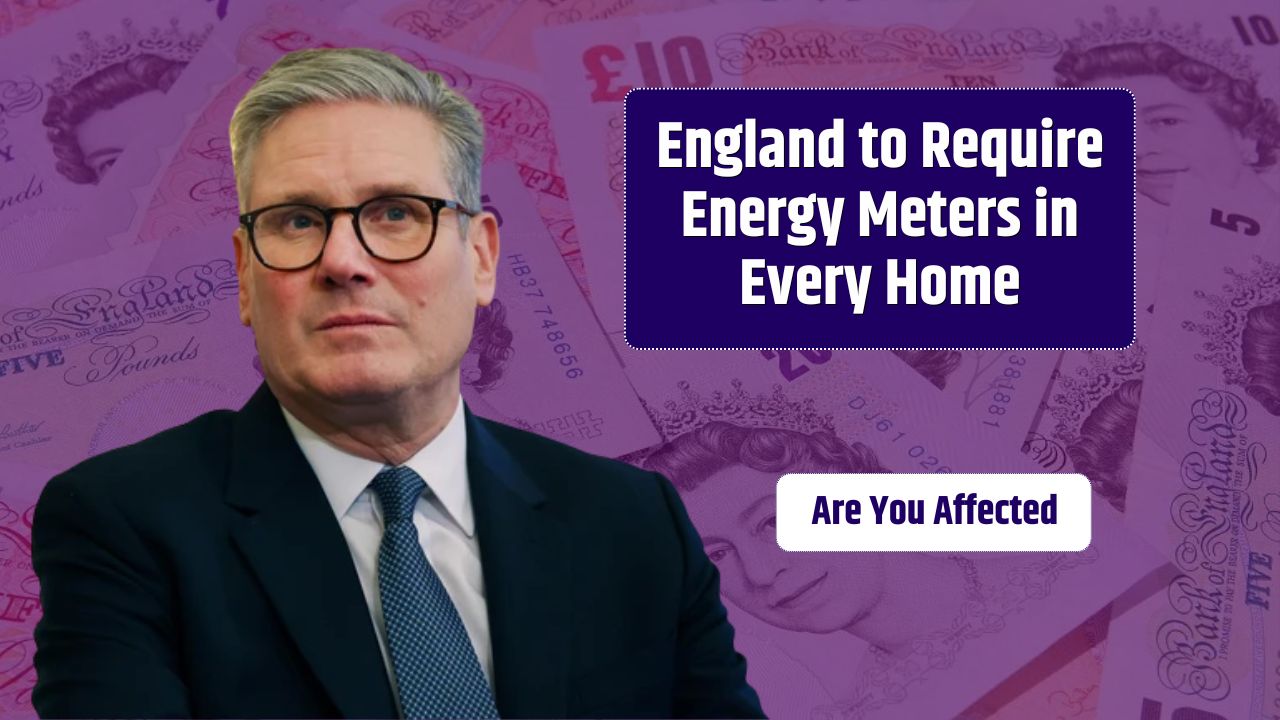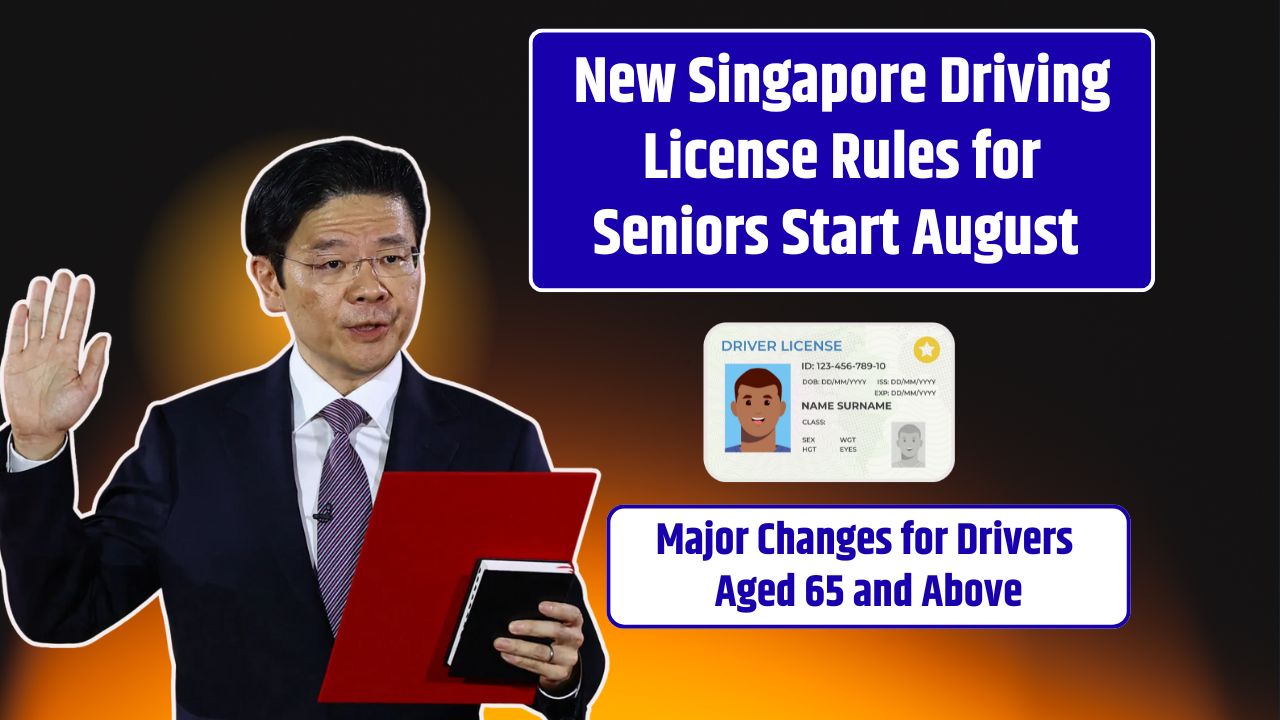A career in government research and evaluation can be both intellectually rewarding and socially impactful. These roles focus on using data, evidence, and policy analysis to inform decisions and improve programs at the federal, state, or local level. Whether you’re passionate about social justice, education, healthcare, or economic development, this path offers opportunities to influence public outcomes through rigorous research and critical thinking.
Here’s a guide to building a successful career in government research and evaluation, including essential steps, skills, and programs that can help you break into the field.
Table of Contents
Understanding Government Research and Evaluation
Government research and evaluation professionals assess public programs, analyze policies, and provide evidence-based recommendations. Their work helps shape everything from education reform to public health initiatives.
Key Areas of Focus:
- Policy analysis and evaluation
- Program monitoring and performance measurement
- Economic and statistical research
- Impact assessments and cost-benefit analysis
Common Employers:
- Federal agencies (e.g., GAO, HHS, USDA, EPA)
- State and local government departments
- Congressional Research Service (CRS)
- Government-funded research labs and think tanks
Education Pathways
To build a career in this field, your educational background should combine policy knowledge with quantitative research skills.
Undergraduate Degree
- Suggested Majors: Public Policy, Economics, Political Science, Sociology, Statistics, Data Science
- Relevant Skills: Research methods, data analysis (Excel, R, STATA), writing and communication
Graduate Degrees (Highly Recommended)
- Master’s in Public Policy (MPP) or Public Administration (MPA)
- Master’s or PhD in Economics, Political Science, or Sociology
- Programs with a quantitative or evaluation focus are especially valuable.
Gaining Experience Early
Practical experience is essential to stand out in a competitive field. Start building your résumé with internships, fellowships, and student research opportunities.
Internships to Consider:
| Program | Host | Focus | Eligibility |
|---|---|---|---|
| Pathways Internship Program | Federal agencies | General public service | Undergrad and grad students |
| GAO Student Internship Program | U.S. Government Accountability Office | Policy and performance audits | College juniors/seniors or grad students |
| CDC Evaluation Fellowship | Centers for Disease Control and Prevention | Health program evaluation | Master’s or doctoral degree required |
Research Assistant Roles
Work with university professors, nonprofits, or policy centers to gain research experience. Many institutions have policy labs or public service centers that hire students part-time.
Core Skills for Evaluation Careers
To thrive in research and evaluation roles, focus on developing these skills:
| Skill | Why It Matters |
|---|---|
| Data Analysis | Core to analyzing program effectiveness using software like R, Python, or STATA |
| Survey Design & Evaluation Methods | Essential for collecting and interpreting meaningful data |
| Policy Writing | Ability to turn technical findings into actionable recommendations |
| GIS and Spatial Analysis | Often used in urban planning, health, and environmental research |
| Communication & Presentation | Crucial for reporting findings to stakeholders and policymakers |
Certification and Training Programs
While not always required, additional certifications can boost your credibility:
- American Evaluation Association (AEA) Training Series
- Certified Government Financial Manager (CGFM)
- Coursera or edX Courses: Data analytics, evaluation, public policy analysis
- Data Science Bootcamps: Useful for technical skill-building in short timeframes
Job Search Tips and Career Progression
Breaking into government research may require patience and persistence, but clear steps can help streamline your path:
Where to Search for Jobs:
- USAJOBS.gov: The main portal for federal government roles
- Partnership for Public Service
- Government contractor sites (e.g., Mathematica, Abt Associates, RAND)
- Policy research nonprofits and think tanks
Career Growth Path:
- Entry-Level: Research assistant, policy analyst, program evaluator
- Mid-Level: Senior analyst, evaluation officer, project manager
- Senior-Level: Director of research, chief data officer, senior policy advisor
A career in government research and evaluation is ideal for those who want to make data-driven decisions that improve public programs and policies. With a strong academic foundation, hands-on experience, and analytical expertise, you can play a pivotal role in shaping the way government serves its citizens.
FAQs
Do I need a master’s degree to work in government research?
While not always required, most mid- to senior-level roles prefer or require a graduate degree in public policy, economics, or a related field.
What’s the difference between research and evaluation?
Research focuses on generating new knowledge or understanding of policy issues. Evaluation examines how effective programs or interventions are in achieving goals.
Is this a good career for someone who loves data?
Absolutely. Government evaluation roles heavily rely on data analysis, statistics, and interpretation to guide public decision-making.


























